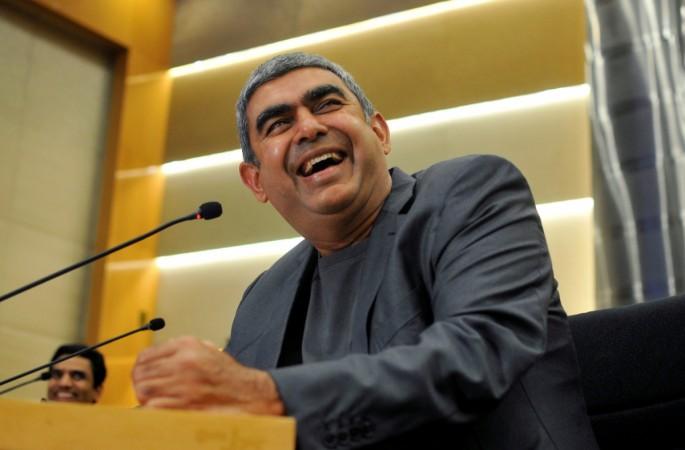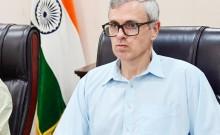![[Representational image] Passport](https://data1.ibtimes.co.in/en/full/640065/passport.jpg?h=450&l=50&t=40)
Infosys Chief Executive Officer (CEO) Vishal Sikka struck a hopeful note for the information technology (IT) industry in India when he said in an interview that the industry does not depend too much on H1-B visas.
The United States, under President Donald Trump, has drastically cut down on the number of H1-B visas — permits that allow workers from abroad to come to work in the country — it issues every year.
Multinational IT companies based in India have been known to make massive use of H1-B visas until Trump limited them earlier this year with a "Buy American, Hire American" executive order, since then, the rule has been relaxed for those who hold PhDs they acquired within the US.
Sikka speaks
Stanford-educated Sikka, who was chosen Infosys CEO in June 2014, has now tried to calm the Indian IT industry, which has been unnerved — to say the least — in recent times by huge layoffs across the board and across companies.
He told PTI in an interview: "It is wrong to say and to think that we are dependent on H-1Bs. For example, if you look over the last 10 years, there are about 65,000, something like that, H-1B visas granted every year. That means over 10 years it is 650,000. And we collectively employ millions of people. Infosys alone has 200,000 employees. TCS [has] close to double that number, and so on."
With such employee-strength, Indian IT firms cannot afford to hedge their bets on H1-B visas alone, said Sikka from Palo Alto in California in the US. Meaning, a stricter H1-B visa regime cannot mean layoffs for the firms.
Sikka, it may be noted, has done his part in stemming layoffs in his own company: He has taken a sizeable salary-cut for the financial year that was 2016-2017.

'Delivering value'
Sikka admitted that Indian firms do indeed make extensive use of the H1-B visa, and that it has gone on for 15 years. However, "ultimately it has always been about delivering value," he told the news agency.
The Infosys CEO explained: "The Indian IT industry has delivered a tremendous amount of value, especially in the US. But the nature of that value delivery is changing dramatically. Just as in the past it was easier and it was possible to move jobs to India or to companies where large amount of work would happen in India. So, these kind of a global delivery model or onsite, offshore and so forth. More and more of the work can now be done with the automation."













